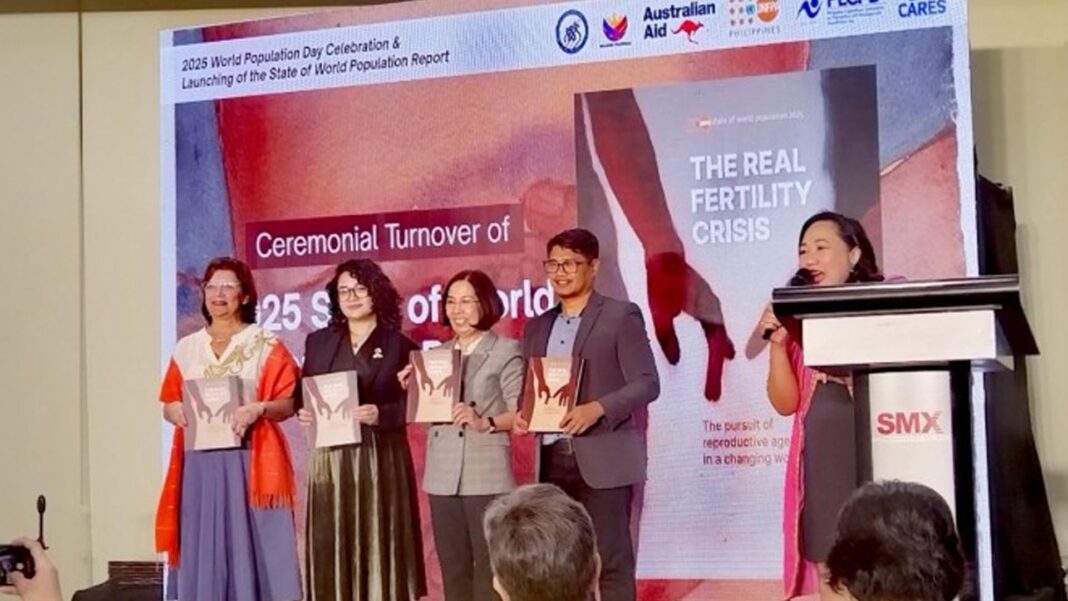In celebration of World Population Day, the Department of Health (DOH) on Friday reminded Filipinos of a wide range of free family planning methods available at public hospitals.
To help the public plan their families based on their needs and preferences, the DOH urged everyone to take advantage of government-funded services through the Philippine Health Insurance Corp. (PhilHealth) Konsulta Package.
These PhilHealth packages include the intrauterine device, which costs PHP 3,900; subdermal contraceptive implant, PHP 5,850; vasectomy (unilateral or bilateral), PHP 7,800; and ligation (unilateral or bilateral), PHP 7,800.
These services aim to support reproductive health and empower individuals and couples to make responsible and informed decisions about their future.
They come amid ongoing efforts to address population health, promote gender equality, and reduce maternal and infant mortality rates through accessible and sustainable reproductive health services.
Commission on Population Development Deputy Executive Director Lolito Tacardon said teenage pregnancy remains a public health and social issue as youth cohabitation and early pregnancy concerns continue to grow.
“Cohabitation is becoming a common contemporary arrangement among Filipino couples, and this impacts population trends in the country,” he said.
Latest data from the Philippine Statistics Authority showed that registered marriages decreased by 7.8 percent in 2023 compared to the previous year.
Meanwhile, the number of couples in common-law or live-in arrangements increased to 12.7 million in 2020 from 7.3 million in 2025 nationwide.
“This kind of arrangement is highest in the National Capital Region, while the lowest proportion is in the Bangsamoro Autonomous Region (in) Muslim Mindanao. Among the age groups, of individuals in this arrangement, the highest proportion was reported in age group 25 to 29 years old,” he said.
Young people choose this arrangement due to such factors as practicality, premarital pregnancy, relationship and family trauma, logistics difficulties, social media influences, contradiction in religions, and preference for a temporary set-up to decide on marriage.
Apart from giving Filipinos the freedom to choose the family planning method that best fits their lifestyle, health condition, and personal beliefs, United Nations Population Fund Philippines Assistant Country Representative Jose Roi Avena said the creation of systems that respect their reproductive aspirations is as important.
These systems must include making parenthood accessible and affordable, assisting young people in securing jobs and affordable housing, promoting gender-equal partnerships, and supporting families in all their diversity. (PNA)


